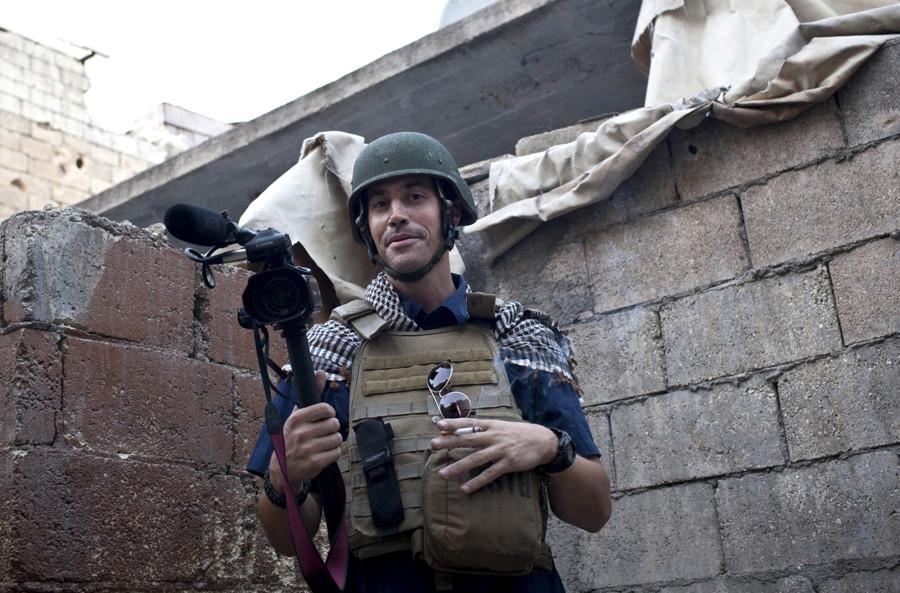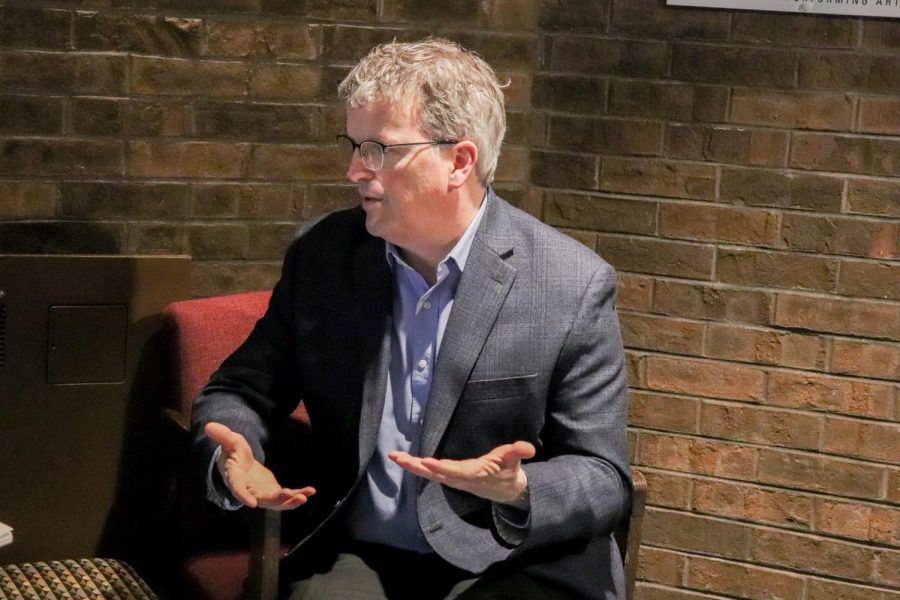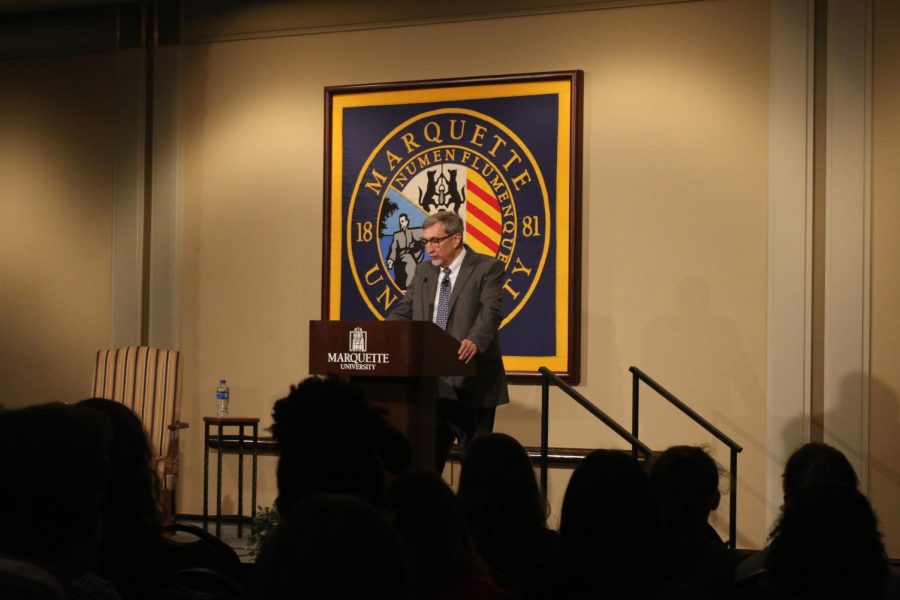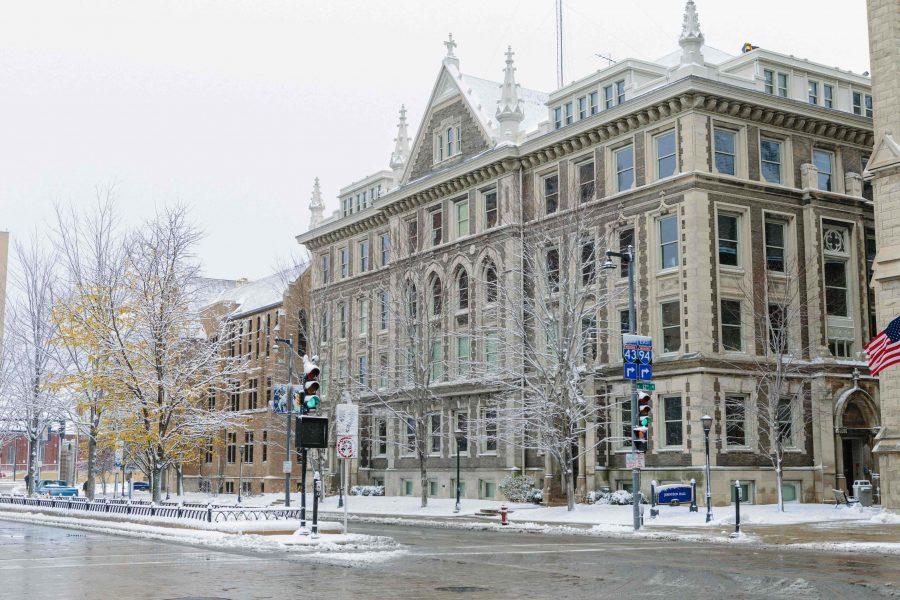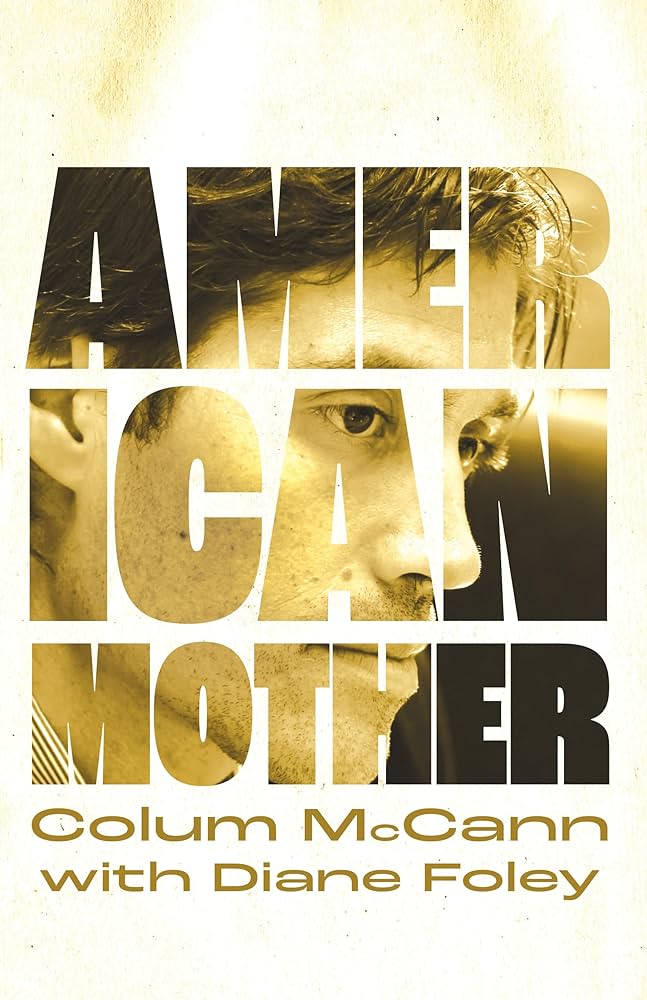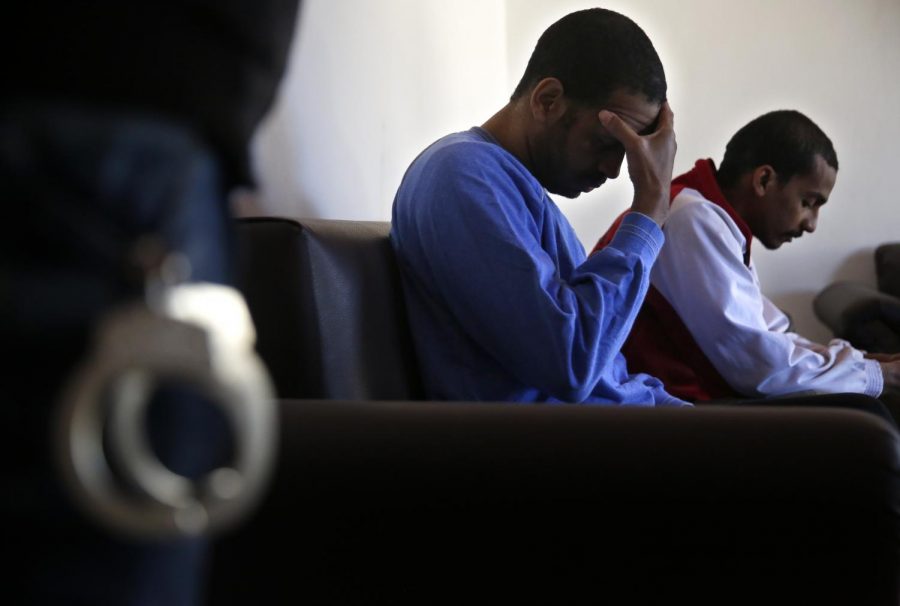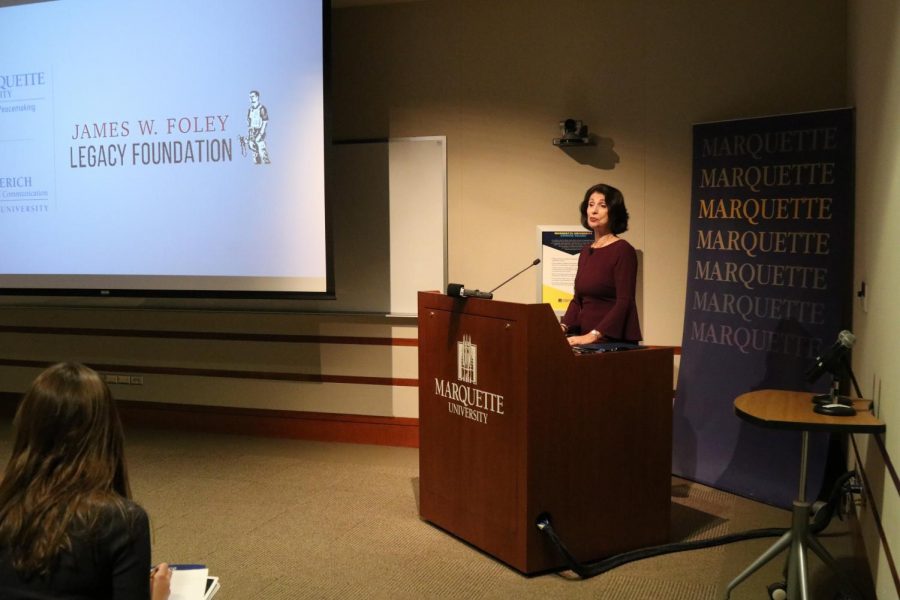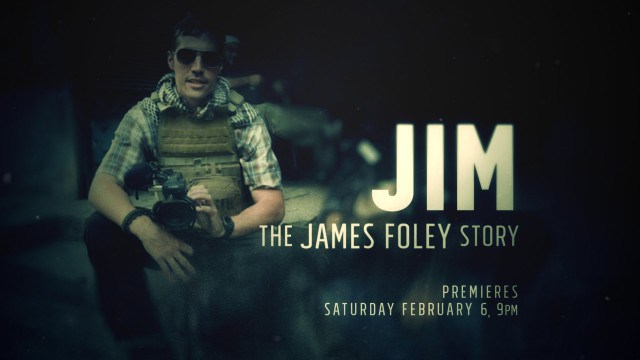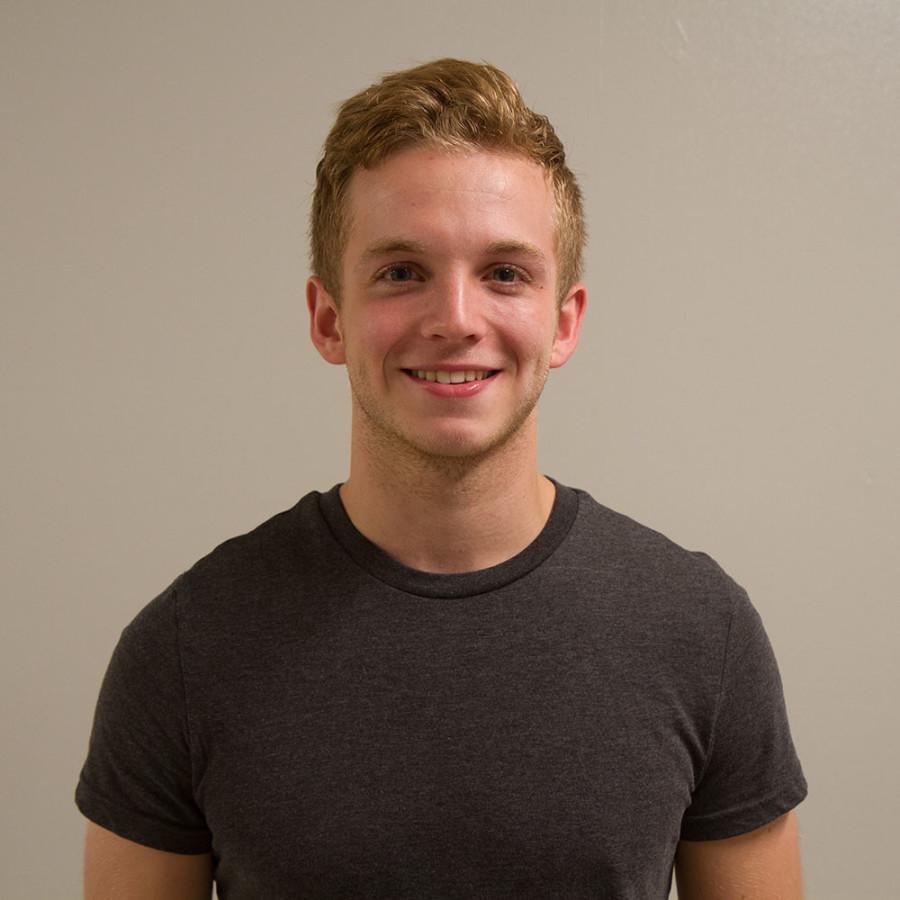Syrian Kurdish fighters captured the last two members of the ISIS-affiliated group that killed and beheaded Marquette alumnus and journalist James Foley in August 2014.
The two members, Alexanda Kotey and El Shafee Elsheikh, were captured mid-January. They are part of a group called the “Beatles,” a small terrorist group known for their British accents and their role in torturing and killing hostages. Currently they are being held by the Syrian Democratic Forces. SDF is a multi-ethnic and multi-religious militia in Syria.
“My initial reaction, I was happy,” said Thomas Durkin, a close friend of Foley’s and research and grant coordinator for the Center for Peacemaking. “That lasted about ten seconds, and then I just felt dread and sadness, and it just brought back everything.”
Durkin met Foley during the first week of their undergraduate careers at Marquette in 1992. They were incredibly close until the end of Foley’s life.
The United States could take custody of Kotey and Elsheikh at anytime, criminal law professor Michael O’Hear said in an email; however, it is unclear if, or when, that would happen. If the U.S. obtains the ISIS members, there is a potential they could face a trial. It has not been released what the two men could possibly be charged with because full details of the case still remain secret, according to The New York Times.
“It is not entirely clear that it would be a good idea for the U.S. to take custody since there is no consensus about what should be done with the suspects,” O’Hear said.
O’Hear said the main reason to take custody of Kotey and Elsheikh would be to assure that they do not attack any more Americans in the future. However, O’Hear said it is a complicated problem.
“That means either bringing them to the American homeland for prosecution in a civilian court, or sending them to Guantanamo for prosecution before a military tribunal,” he said.
Guantanamo Bay holds prisoners from the war on terror with no clear future in place for them. Being placed there would lower the chances of them having a trial due to the history of prisoners getting stuck there.
O’Hear said that Republicans in general have been supportive of the Guantanamo Bay and the military trial route because they are concerned about potential security issues with bringing terrorists to the homeland.
“On the other hand, victim families would probably prefer a public trial in the U.S. and there are open questions about whether military commissions in Guantanamo would have jurisdiction over ISIS fighters,” O’Hear said.
Durkin said the last thing he wants is for Kotey and Elsheikh to be placed in Guantanamo Bay and never face trial.
James’ mother, Diane, said if the members are taken to trial, she would like it to be public, according to BBC World News. Ana Garner, a professor and chair of journalism and media studies, agreed with Foley’s mother. She said she would like to see Kotey and Elsheikh’s crimes come to justice.
Garner only met James on a few occasions, but she said it was an honor to meet such a kind, passionate man.
“He was an independent journalist who cared deeply about social justice and telling the stories that people don’t normally hear,” Garner said.
Foley graduated from Marquette in 1996. Foley was a teacher and fiction writer before becoming a war correspondent during the Syrian Civil War in 2011. During that time, he was captured by Muammar Gaddafi’s regime and was held in a 12×15 foot cell for 44 days. After returning home for a brief stint, he returned to Syria in 2012. Shortly after, he was captured by ISIS and eventually slain.
“I just remember his laugh and his smile, and we had a lot of fun times. He was just a great guy to be around,” Durkin said. “He loved everything about (life). He was willing to dig in and do the dirty work to help speak for people who couldn’t speak for themselves.”
Garner said Foley did not live his life in fear because he saw himself as having a higher purpose.
“You have a choice: Do you let them win, or do you fight? That’s what James did. Never let fear rule you, find a way to overcome it,” she said.
Garner asks her journalism students to remember him and his work as well as all other journalists who have lost their lives.
Foley gave voice to the voiceless, Garner said.
“What would I say to him now?” Durkin said. “Just come home, Jim. I’m waiting for that phone call.”

